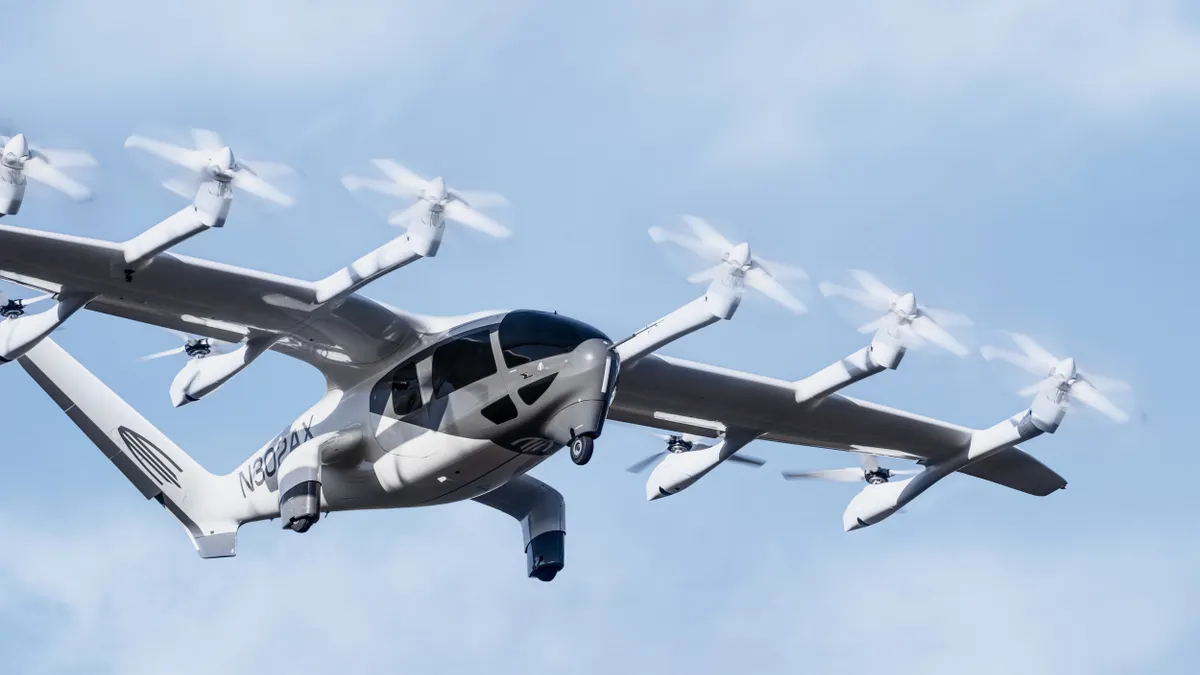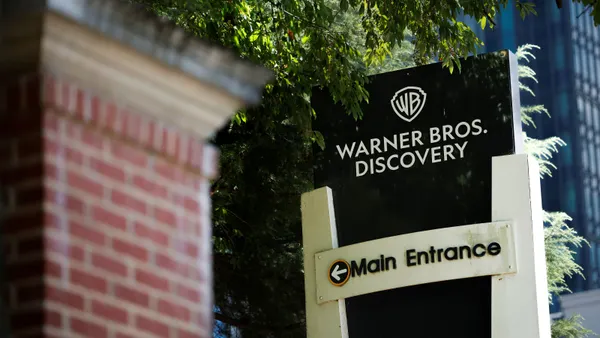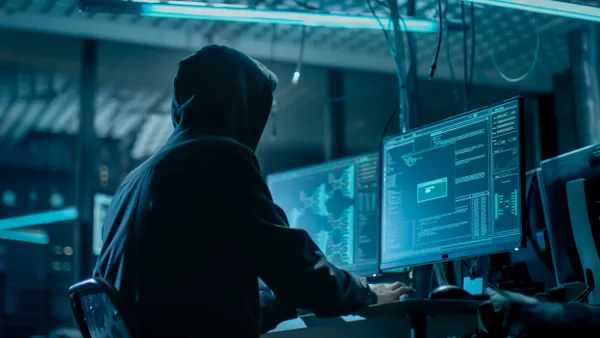Dive Brief:
- Archer Aviation CFO Mark Mesler officially resigned from his role effective July 7, after a period of medical leave beginning September 2024, the company said in a recent securities filing. The Santa Clara, California-based company develops electric vertical takeoff and landing vehicle (eVTOL) aircraft — also known as “air taxis” — and software, according to its website.
- Priya Gupta, who has served as the electric air taxi firm’s acting CFO and acting principal financial officer since his leave, will “continue to serve in her same capacity,” according to the filing.
- “After careful consideration and reflection on what’s next for him personally and professionally, Mark has decided to step down from his position,” the company said in a statement emailed to CFO Dive. Harsh Rungta will continue to serve as Archer’s chief accounting officer, alongside Gupta in her continued role as interim CFO, the eVTOL creator said. “The entire team at Archer thanks Mark for his contributions and wishes him the best.”
Dive Insight:
The electric air taxi company entered into a transition agreement with Mesler in association with his retirement, where Mesler is set to receive a one-time cash payment equal to nine months of his base salary, plus three months of his target annual bonus, according to the filing with the Securities and Exchange Commission. He will also receive accelerated vesting for certain outstanding restricted stock units, according to the agreement.
For full-year 2024, Mesler received an annual base salary of $500,000, and received a bonus of $146,311, according to Archer’s latest proxy statement filed in April. His compensation also included approximately $1.1 million in stock awards. Gupta, as acting CFO, received total compensation of $676,970, including a base salary of $338,000 and an annual non-equity incentive bonus of $158,548, according to the proxy.
The CFO’s resignation comes as attention on the air taxi market has increased over the past few years: though air taxis are still butting up against safety and regulatory concerns, regulators have also taken steps to codify operations for such vehicles, creating new opportunities. Last October, the Federal Aviation Administration issued its final rule on “powered lift” crafts — a category that includes air taxis — in a move which aimed to place the U.S. in a key leadership position in the burgeoning industry.
Archer Aviation has taken several steps to establish itself as a dominant player in the expanding market, inking key partnerships with large-scale companies including United Airlines and Palantir — working with the latter to create AI-powered software for “next-gen” aviation systems, according to a March release.
Its Midnight eVTOL aircraft began test flight in Abu Dhabi, with the air taxi company planning to expand the test flight program in the region and to gather “additional data to support its certification and commercialization plans in both the UAE and other key markets,” according to a July 2 press release.
Archer is jockeying for the top space in the emerging market against competitors such as Joby Aviation, which also recently began test flights for its own EVTOL craft in June in the United Arab Emirates, the company said. Joby received a $250 million investment from Toyota in May, part of a previously announced deal for the carmaker to invest $500 million in the air taxi maker, according to a CNBC report.
Archer, meanwhile, raised $850 million in a stock sale in June, with the new capital to be used to help build out the company’s commercial capabilities and infrastructure, according to a press release. The funding came after President Donald Trump issued an executive order which provided for the establishment of an eVTOL Integration Pilot Program (eIPP), “an extension of the BEYOND program to accelerate the deployment of safe and lawful eVTOL operations in the United States,” according to the order.
The sale gave Archer a liquidity position of approximately $2 billion, according to the June release, coming after the air taxi company said its total cash position had surpassed $1 billion during its Q1 earnings results in May.
For the quarter ended March 31, Archer reported total operating expenses of $144 million and a net loss of $93.4 million, as well as an adjusted EBITDA loss of $109 million, per its earnings results. For its Q2 of 2025, the company anticipates an adjusted EBITDA loss between $100 million to $120 million.















